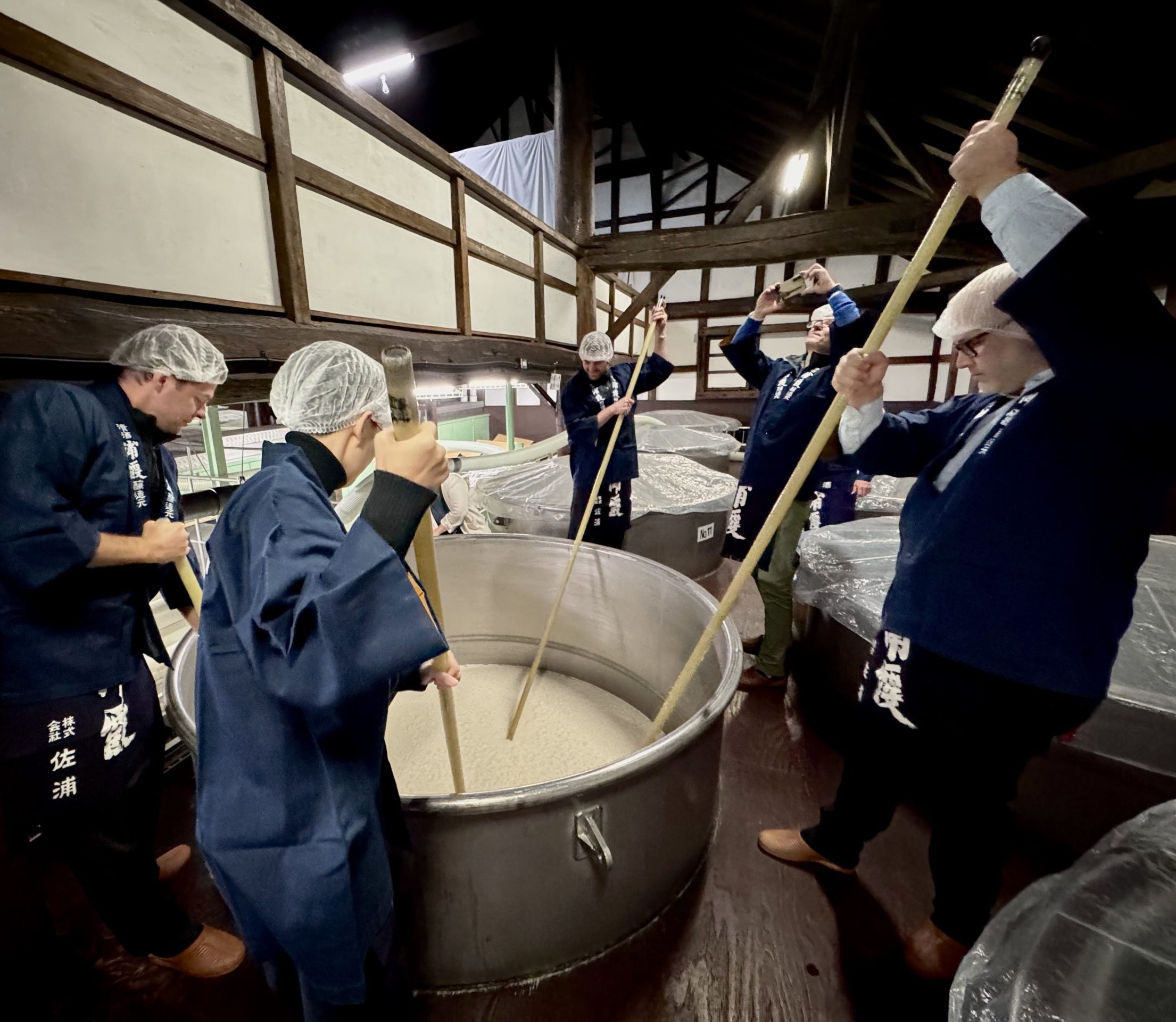‘There is no silver bullet’ for rare whisky packaging crisis, Beamish warns
Speaking with db, Charles Beamish, founder of rare whisky private office Beamish International, warned of a growing state of emergency due to the pressures supply chain issues have placed on the market.

“A perfect storm of the Ukraine-Russia conflict, Covid disruptions, Brexit, and unprecedented client demand at this tier of the market has meant that the supply chain is groaning under the current market needs.”
Indeed, much of the whisky industry sourced its cork from Ukraine, and the process for finding and vetting new suppliers is not brisk. Continued lockdowns in Asia have also caused considerable delays to the arrival of supplies.
Crystal is another pinch point: “Issues surrounding Brexit make alternative supply from French makers of crystal far less tenable. Importation costs have dramatically increased, meaning that a decanter would now cost 150% more to be produced and imported”.
When asked whether these challenges could force the industry to adopt alternatives to crystal, Beamish is adamant: “Crystal is integral to rare whisky – it’s the most precious thing that producers have to hold the liquid and represent the notion of quality and rarity.” But working with niche producers comes at a higher price.
While Beamish suggests that there is unlikely to be a swift resolution, certain measures can be taken: “Deferred bottling means that Scotch Whisky casks can be obtained by the client, yet the bottling, shipment and consumption of the whisky as the cask is stored and laid down in a warehouse.”
Partner Content
While supplies are held up across the globe, Beamish believes that the crisis may present an opportunity to localise production in Scotland and the UK. However, with craftspeople already oversubscribed, Beamish suggests that there needs to be investment in the future.
“I would like to see the government in Scotland consider grants and financing towards small crafters and silversmiths so that they can better invest in a pipeline of talent and resourcing of these specialist skills. These small businesses are under enormous pressure, they don’t have the right infrastructure.”
In the meantime, he suggests that client expectations will have to change: “We cannot control the process but we can educate the client from the outset on the lead times..It isn’t unusual for a producer to be working with a buffer lead time in order to ultimately under-promise and over-deliver on the timing.”
Since the company’s foundation in 2018, lead times have increased from perhaps six months to over a year. However, Beamish remains optimistic that “packaging and lead times will accelerate” should the industry embrace change.
Though there are further challenges on the horizon, Beamish International toasted a 34% rise in turnover in the year to 30 April 2022. However, international supply chain issues aren’t the only difficulty facing the industry, as industrial action from glass manufacturers in the UK also threatens to cause shortages.
Related news
Whisky sales outpace beer at South Korea’s biggest supermarket chain




